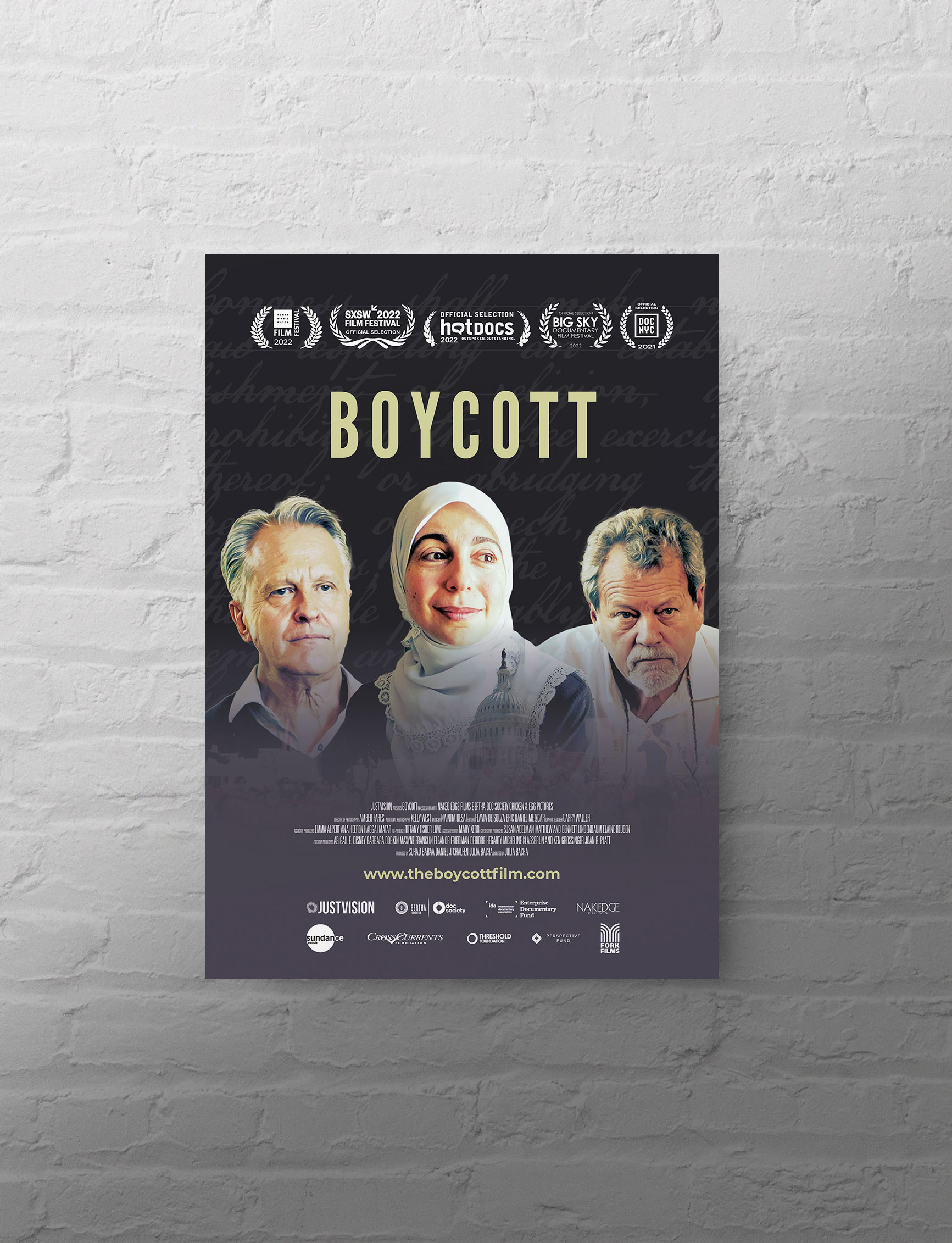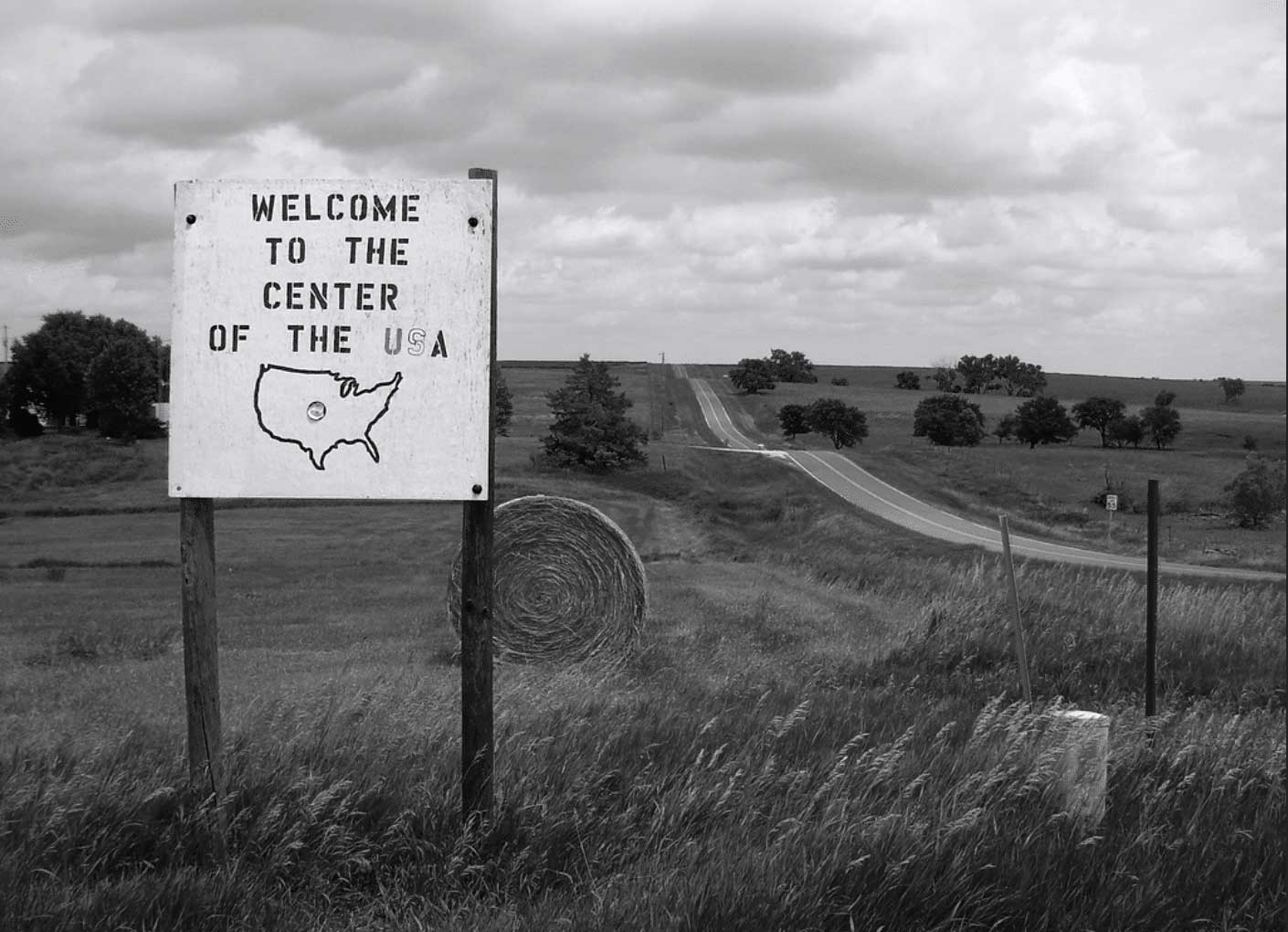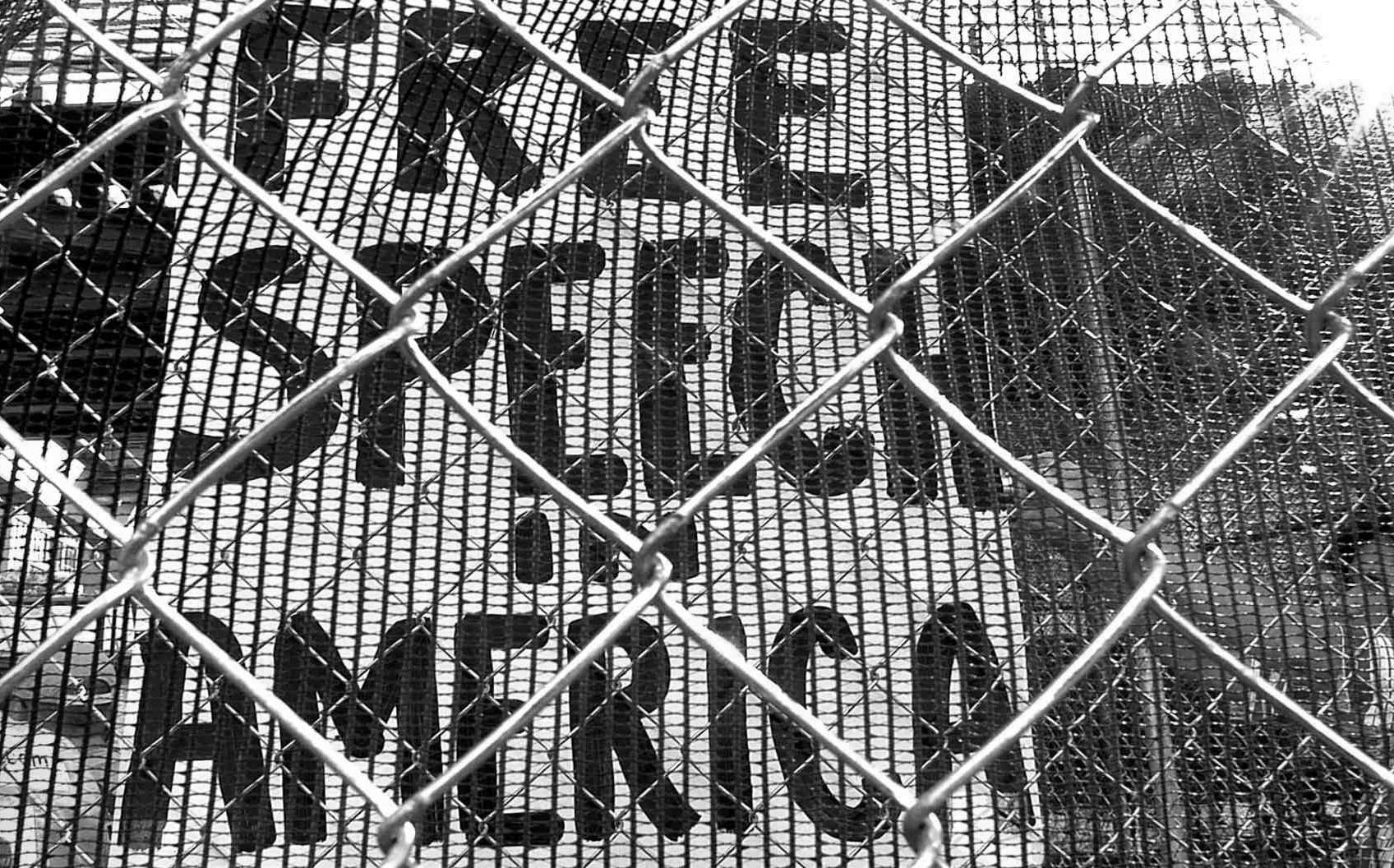
Synopsis
Over the past six years, unbeknownst to most Americans, 37 states passed laws intending to silence boycotts and other nonviolent measures aimed at pressuring Israel on its human rights record. These dangerous bills remove the legal protection that has been awarded to boycotts for generations, granting governments the power to condition jobs on political viewpoints.
As this wave of anti-boycott legislation has swept through the country, so has a counter-wave in defense of freedom of speech. Everyday Americans are challenging these laws for their constitutionality in a nation-wide battle likely to go all the way to the Supreme Court.
With full access to the plaintiffs and in revelatory moments with elected officials, Boycott chronicles one of the most consequential First Amendment battles of the past few decades and investigates the question – how did we get here?

Our story weaves through the personal histories and legal battles of three “accidental plaintiffs” across the US. Mikkel Jordahl, an attorney in Arizona, provides legal services to incarcerated persons. When the time comes to renew his contract with the State, he is shocked to discover a new clause requiring that he certify that he will not engage in a boycott of Israel. Reflecting on what he considers government overreach and with the impact of a father-son visit to Israel and the Occupied Palestinian Territories still fresh in his mind, Mikkel decides that he cannot sign the contract in good conscience. He sues the State of Arizona.
Around the same time, Bahia Amawi, a childhood speech therapist in Texas’s public school system, finds herself unemployed following her refusal to sign the state’s anti-boycott pledge. Shaped by her family history and driven by a commitment to safeguard the right to free speech for her daughters and future generations, Bahia launches a suit against the State of Texas.
Alan Leveritt, the publisher of the Arkansas Times, learns of his state’s anti-boycott law when he is told by the University of Arkansas that the state-funded university cannot pay for ads in his newspaper if he doesn’t sign Arkansas’s anti-boycott pledge. Influenced by his belief that the government has no business forcing individuals to adhere to certain political agendas and recognizing that the law forces the Arkansas Times to compromise its journalistic integrity, Alan makes the difficult decision to launch a suit against the State of Arkansas.

As the film unfolds, the larger implications of the anti-boycott bills are interwoven with the stories of our protagonists. We meet several individuals who are proponents of these laws, including State Senator Bart Hester of Arkansas, whose Christian faith drives his support for the legislation. We also hear from Itamar Benzaquen, an Israeli journalist whose investigative research helps us understand the rapid spread of anti-boycott bills, raising the question: in whose interest are these laws being passed?
Providing rich context on the origins of the anti-boycott bills, the narrative arc of the film is set by the personal journeys of our three protagonists. Moving from the Arizona desert to a mosque in Texas, from the ACLU headquarters in NYC to a family farm in Arkansas, the film chronicles the courage of three Americans as they defend freedom of expression, and lays bare what’s at stake – our constitutionally-protected right to boycott – if they are defeated.